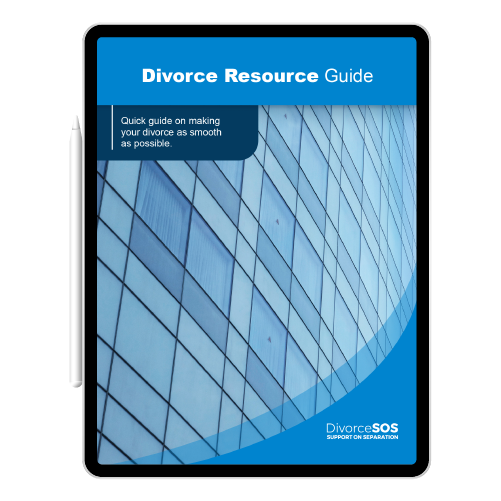Going to Court
At times, the only way to resolve things is by proceeding to court. In Ontario, all family law actions are governed by the case management system that is enshrined within the Family Law Rules.

Starting a Case
A case is started by issuing an Application in either the Ontario Court of Justice or the Superior Court of Justice if the parties are married or they own property the case will have to be started in the Superior Court of Justice. If the parties are unmarried and their only issues involve children or support they can choose to issue an application in either the Superior Court of justice or the Ontario Court of justice. In Ontario there are also unified family courts which operate as Superior Courts of Justice. In all three courts, the Family Law Rules are the same although there are some minor differences and how cases are managed.
Making Claims
The Application will set out the facts upon which the various claims are based. If there are any claims that are of a financial nature the party is required to complete a Financial Statement Form 13.1 (or Form 13) as well. In order to file the financial statement with the court, the party will have to attach his or her last three years income tax returns and notices of assessment as well as a current paystub. If those documents are not available, it will delay their ability to start an application.
MEET WITH US
Answering a Claim
The response to an Application is an Answer. If there are any financial issues the answering party or Respondent will also be required to file a completed Financial Statement. Financial statements must be updated for every court appearance under the Family Law Rules.
Next Steps
Once an application is issued it must be served personally on the responding party
The Family Law Rules do not allow one spouse to serve the other. An independent third-party, often a process server must undertake the service of the application.
A party may be represented in court by a lawyer or may elect to represent him or herself. Individuals are not generally permitted to be represented by a friend, family member or paralegal in court.
Conferences
Once the Application, Answer or any Reply has been served and filed the first step is a Case Conference. The general purpose of a case conference is to meet with a judge to ensure that the case is managed and also to try and settle. In some courts where they are able to fully case manage a file, a Case Management Justice is assigned and all of the conferences will happen before that Justice.
The Family Law Rules also mandate a Settlement Conference. The primary purpose of a settlement conference is to try and settle some or all of the issues. A Settlement Conference may be combined with a trial management meeting if it appears that a matter will have to go to trial. The trial management meeting is structured to ensure that if and when the matter gets to trial it is in fact ready to proceed. The parties and the Judge will prepare a Trial Scheduling Endorsement Memorandum to ensure that all parties are aware of the issues and the proposed evidence.
Temporary Relief
If a party requires temporary relief in advance of trial, after a Case Conference has been held they will be able to bring a motion. A motion is a contested matter that is presided over by a judge who makes the decision based on written materials.
At the end of the motion the judge would make a temporary order. That temporary order would continue until there is a final order or agreement.
Finalizing Matters
In Court, if a matter does not settle it will proceed to trial for final resolution. Each party will present oral evidence before a trial judge who will issue a judgement which will be incorporated into a final order or a divorce order.
When parties resolve their matters outside of court they will sign a separation agreement. Aa separation agreement is a domestic contract which is binding on the parties and can be made enforceable in the same manner as a Court order.
A separation agreement may also contain a parenting plan although parenting issues can be incorporated into a separation agreement.
DIVORCE REFERENCE GUIDE

